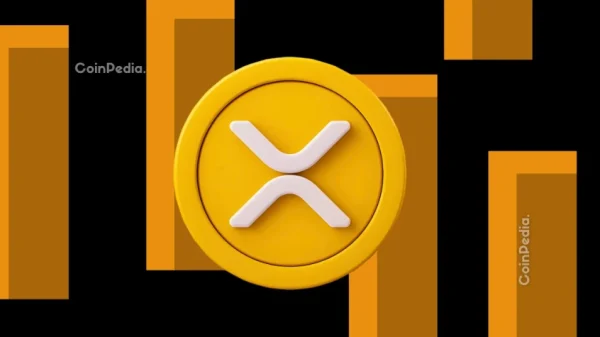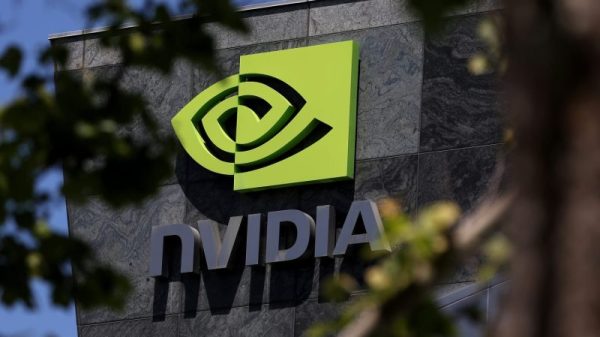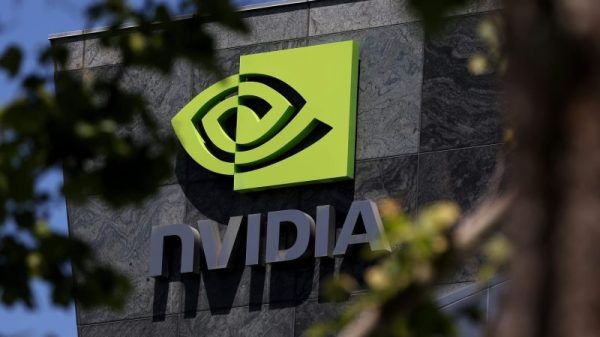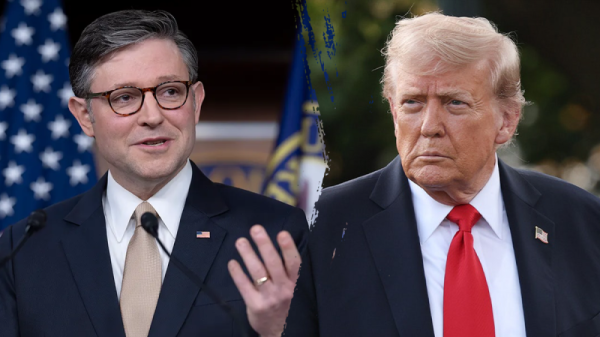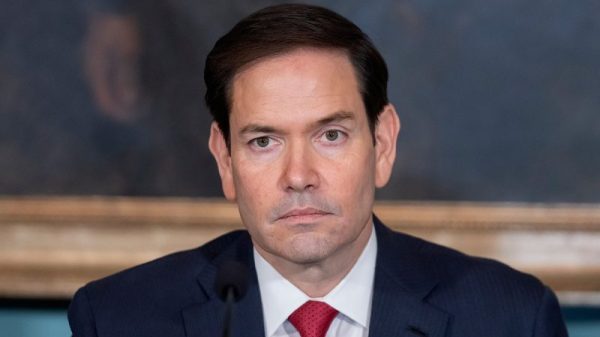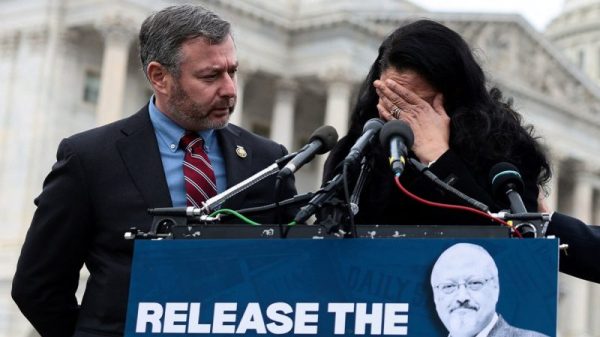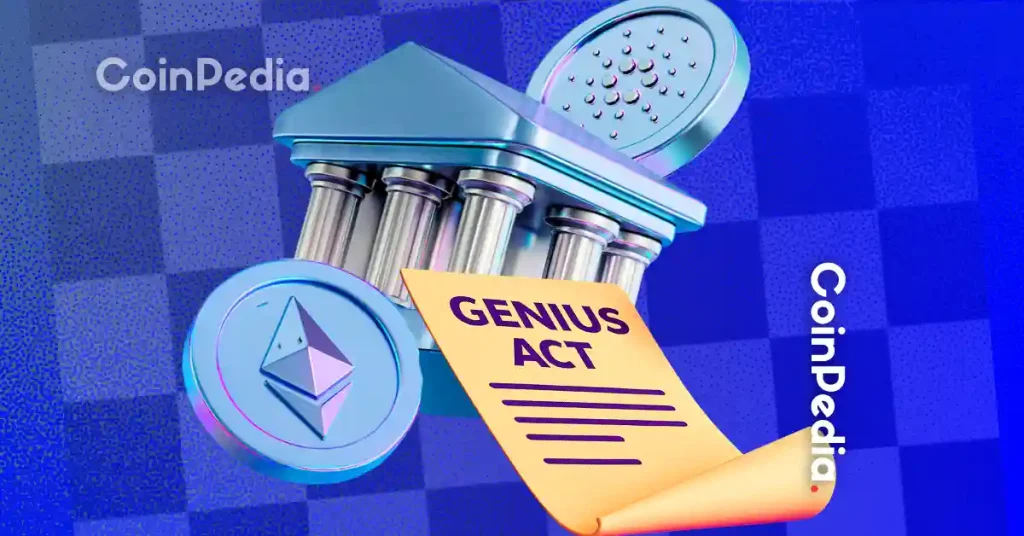The post Analyst Says GENIUS Act Reshapes U.S. Debt Markets; Critics Slam “Overblown” Claims appeared first on Coinpedia Fintech News
A sharp debate has broken out after author & analyst Shanaka Anslem Perera argued that the GENIUS Act didn’t just regulate stablecoins, but reorganized financial power inside the U.S. government.
His claim: the Treasury now controls a new, built-in engine for buying U.S. debt.
Supporters call it a plausible read of the numbers. Critics say it’s dramatic, selective, and flat-out wrong.
A Bold Claim: Stablecoins as Mandatory Treasury Buyers
Perera says the Act requires licensed stablecoin issuers to hold 100% reserves in short-term Treasuries or central bank cash, turning each new dollar-pegged token into an automatic purchase of U.S. government debt.
Under his frame, stablecoins become a built-in demand engine – a form of “privatized QE” that runs outside the Federal Reserve’s reach.
He points to the Treasury’s own projections as evidence of intent. Secretary Scott Bessent expects the stablecoin market to grow toward $2-3.7 trillion by 2030, potentially making issuers one of the largest holders of U.S. debt.
Perera also cites JPMorgan’s decision to accept Bitcoin and Ether as institutional collateral, calling it a sign that Wall Street is adjusting to a new structure shaped by Treasury influence rather than the Fed.
Why the Theory Caught Fire
Stablecoins have become a core tool in emerging markets, where users often seek dollar stability amid inflation and capital controls.
Perera believes this global shift funnels capital straight into U.S. debt markets, strengthening Treasury financing while weakening the Fed’s influence over borrowing costs.
Community Reaction: Sharp and Divided
Critics didn’t hold back.
Several users pointed to the law’s own text, noting it explicitly allows U.S. coins and currency as reserves, not just Treasuries. That detail alone challenges the idea of “forced” government-debt buying.
Others accused the analysis of overstating the Treasury’s intentions and inflating stablecoin growth estimates. Some argued the real long-term strategy may center on U.S. accumulation of Bitcoin and gold – not stablecoins driving debt markets.
Why It Matters
Stablecoin regulation has evolved from a niche policy discussion into a major pillar of U.S. financial strategy.
The stakes are no longer limited to crypto: they now reach into global dollarization, Treasury funding, and the long-running balance of power between the Fed and the Treasury.

